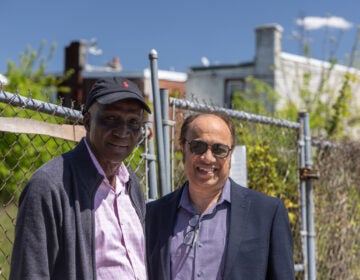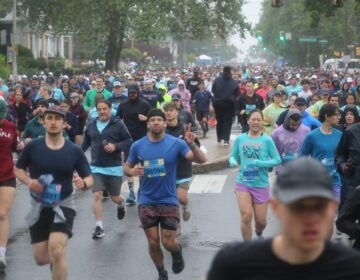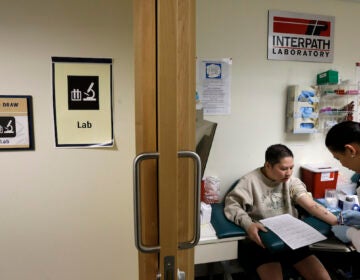The year in social media, 2014
Listen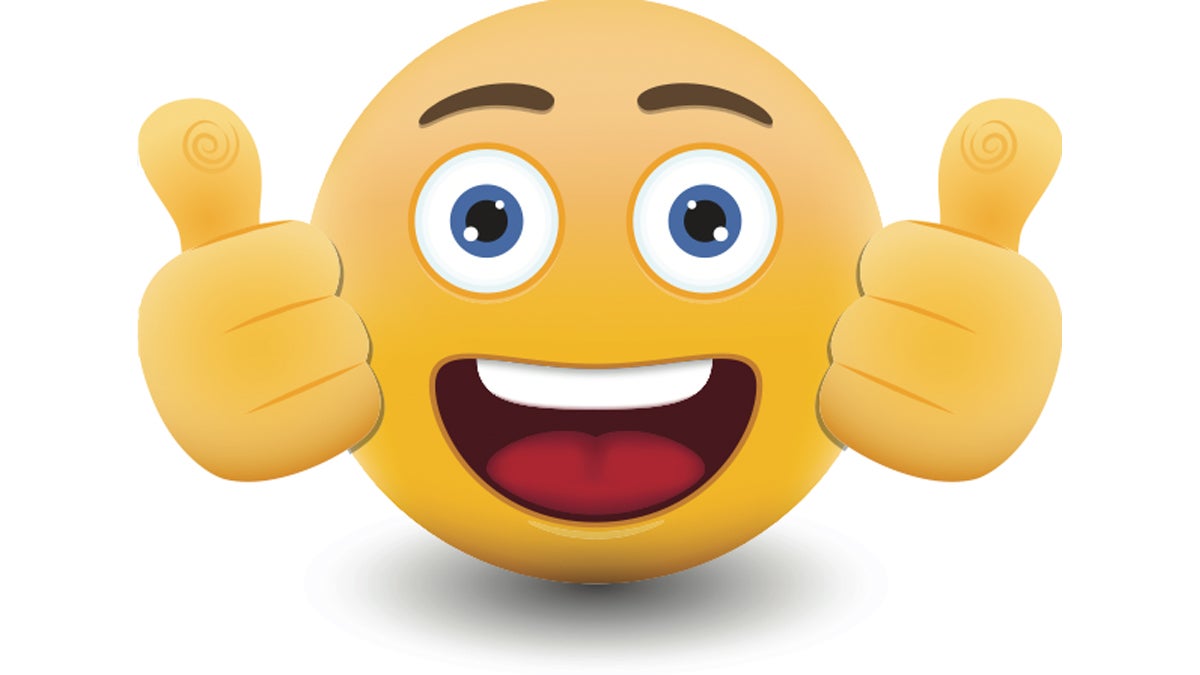 Photo via ShutterStock) " title="emojix1200" width="1" height="1"/>
Photo via ShutterStock) " title="emojix1200" width="1" height="1"/>
(Photo via ShutterStock)
There’s a case to be made for 2014 as the year social media really accomplished something, locally and nationally. From crime-fighting success stories to hashtags that backfired miserably, here’s a look at some of our most-favorited moments on social media in the last year:
1.) The Center City gay bash, FanSince09 and Twitter as a crime-fighting tool
The September incident in which a gay couple were set upon by attackers who shouted homophobic slurs against them struck a chord, and led to an extraordinary effort involving police, Philadelphia’s Twitter community and a still-unidentified Phillies fan who goes by the handle FanSince09.
When police disseminated video of the attack and asked for help, the game was on. Within hours, Twitterers had identified many of the alleged attackers and traced their whereabouts in the hours leading up to the incident. Police were on the case too, but credited citizens of the Internet with an assist.
Now, three people are facing trial on charges related to the incident, there’s a move to add protection for harassment based on sexual orientation to the state’s hate-crimes law, and we still don’t know who FanSince09 really is.
2.) Ferguson, local protests, and hashtag activism in full flower
The seeds of this year’s Ferguson protests and the #blacklivesmatter movement were planted in 2013, after George Zimmerman was acquitted of murder in the Trayvon Martin case in Florida. But the shooting of Michael Brown, and the use of social media by the African-American community, forced both the issue of police brutality against black men and the names of several who died at the hands of police into the mainstream consciousness.
“Hashtag activism” has been derided as a passive, no-effort way to appear concerned and committed to a cause without actually having to do anything. In 2014, social media was the switchboard on which, using hashtags, protests were organized and planned, media were alerted to news stories and sometimes shamed into action, and stances taken. Using #blacklivesmatter, especially, articulated a specific view of the world and of American life rather than just demonstrating “awareness” of an issue.
3.) The downfall of Bill Cosby and Philly social media’s role
Allegations of sexual impropriety against the once-beloved comedian aren’t new, but the issue exploded in late 2014 thanks to PhillyMag writer Dan McQuade, who went to see the comedian Hannibal Buress at the Trocadero and caught a quick video of a riff in which he called Cosby “a rapist.” McQuade embedded the video in an Oct. 17 blog post which as of this writing has been shared more than 13,000 times on Facebook and lit the fuse on a firestorm the Cosby camp is stillfighting.
A month or so later, social media bit Cosby again.
His team posted some goofy pics of the Cos and asked fans to #CosbyMeme the pics — that is, to put funny text on them, LOLCats-style. Coming as it did just as the sexual abuse thing was heating up, the hashtag backfired instead. Badly.
4.) Everyone and their mom — literally, in some cases — accepts the Ice Bucket Challenge
In the pre-Ferguson days of 2014, the Ice Bucket Challenge was the biggest, most annoying thing going on the social web for what seemed like an eternity.
The fundraiser for ALS research and awareness raised more than $100 million through a chain letter-style social media campaign in which a person dumped a bucket of ice water on their head, then issued a challenge to others to do the same, or donate money to the cause.
From the Phillies to the Roots to Police Commissioner Ramsey to your neighbors who jumped into their backyard pools in March (the ultimate sacrifice, to be sure), Philadelphians of all stripes accepted the challenge. Mayor Nutter, perhaps taking a cue from President Obama, Pope Francis and other bigwigs who know better than to be caught on video doing something so undignified, sat the ice bucket challenge out.
5.) Out: Year of the selfie In: Year of the emoji
Selfies are nothing new, obviously, but 2014 was their tipping point year.
From celebrities at the Academy Awards, to Pope Francis, to political candidates and public-media bigwigs, selfies went from an annoying thing your teenage daughter does on Instagram to an annoying thing that seemingly everyone does, everywhere.
Public service: Here’s @GovernorCorbett showing our CEO Bill Marrazzo how to take a selfie pic.twitter.com/8gw7xZ1A27
— NewsWorks (@NewsWorksWHYY) October 10, 2014
Some, including Eagles linebacker Connor Barwin and the kids at Mifflin Elementary, were sweet.
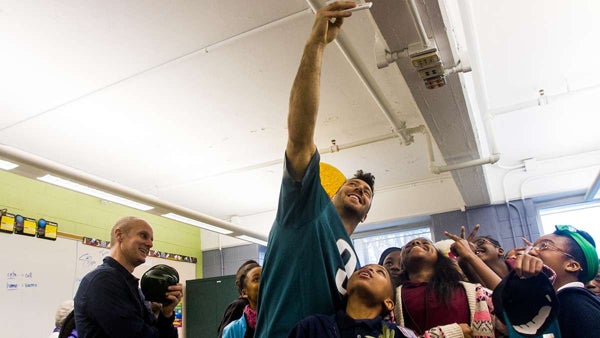
Others, like the one snapped in front of Auschwitz, weren’t. Pro tip: If you’re tempted to take a selfie at a location famous because a lot of people died there, please don’t.
For 2015, I predict emoji will be the thing. Those little pictograms on your phone, the jazzed-up grandchildren of the old colon-parenthesis smiley face, are about to break. Locally, our pals at Billy Penn put emoji to use recapping gubernatorial debates. And the site Vox.com used them tell the story of 2014, but good luck trying to decode it.
By this time next year, I’m betting you’ll be so sick of emoji they won’t be fun anymore, and perhaps we’ll all go back to telling stories the old fashioned-way, with words. How very retro!
WHYY is your source for fact-based, in-depth journalism and information. As a nonprofit organization, we rely on financial support from readers like you. Please give today.


